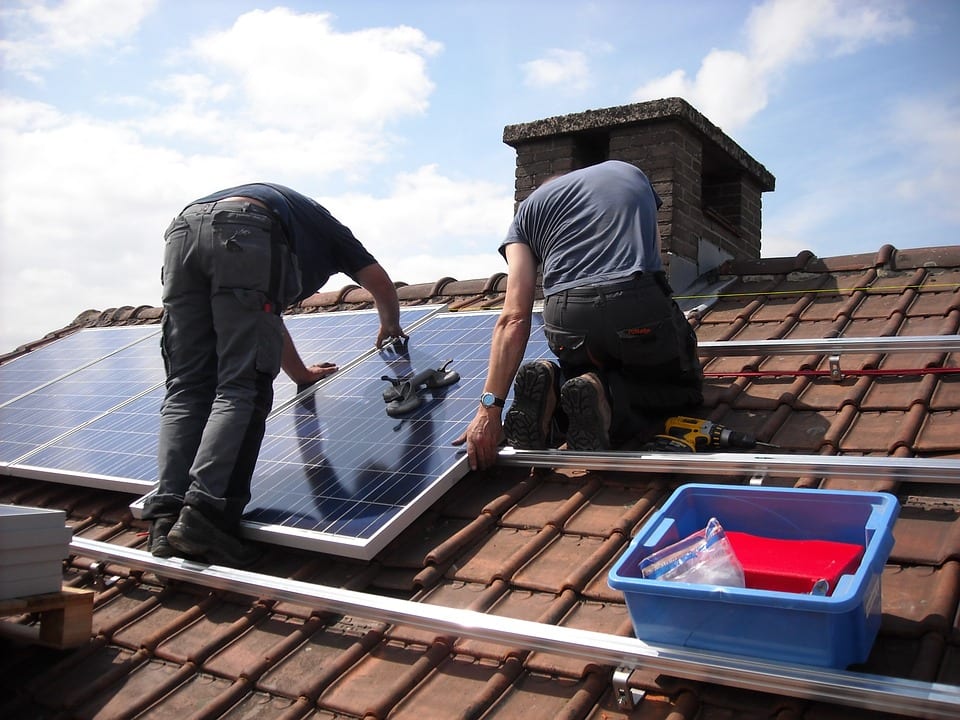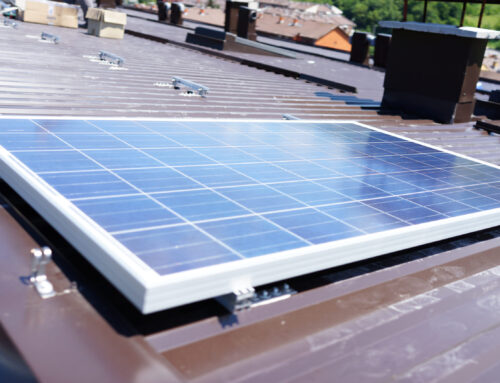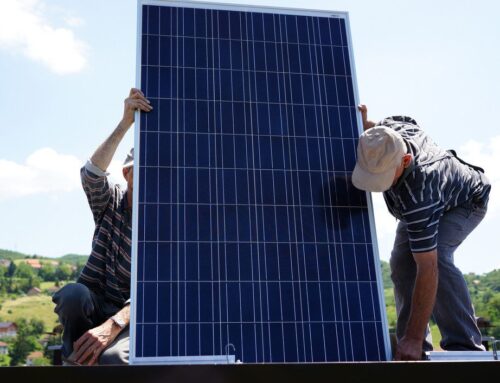Renewable energy is more popular and more accessible than ever before. The U.S. Department of Energy estimates that the average cost of solar PV panels has dropped by more than 60% since 2010, meaning that it’s far more feasible for the average American family to opt for solar systems in lieu of traditional energy provision. That said, given the high initial costs of solar panels — which certainly pay for themselves over time — it’s not surprising that many homeowners are worried about any additional costs they might incur. While U.S. residents are accustomed to paying for home repairs and devoting time to regular upkeep, you might be wondering how much of that will be required after solar panel installation. Let’s take a closer look at the maintenance of home solar systems and why it may not play a very big part in your energy decisions.
The short answer here is that solar panels require very little maintenance, period. When solar systems are installed, those panels will last for 25 to 30 years without much work from you at all. Really, the only maintenance you’ll need to perform is some light cleaning. Because solar panels won’t work as efficiently if they’re covered in debris, you’ll need to do a little bit of seasonal clean-up. Leaves and persistent snow should be cleared away from your panels, while you should wash off any dirt or dust quarterly or every six months. Fortunately, rain can naturally help to keep your panels clear, though you may have to pay closer attention if you live in a desert climate. You can also use a garden hose to spray off your panels, making this process safer and easier to do. Make sure to do this in the morning or evening to avoid using cold water on hot panels, which can lead to cracks. Alternatively, you can use an automated cleaning system (similar to sprinklers) if you need more frequent cleaning or are unable to complete this task yourself.
Solar systems should also come with a panel warranty that ensures the energy output won’t fall below a certain level within the first 25 years post-installation. Generally speaking, energy output should not go below 85% during that time period, and your solar company should be willing to guarantee that expected performance level. If your solar panel efficiency starts to decrease sooner, your panels will likely require professional maintenance or repairs; without a warranty, this can cost you a significant amount. If you want to avoid paying thousands of dollars out-of-pocket to fix those issues (however rare they might be), it’s recommended that you make certain your panels come with that manufacturer or installer warranty.
Other than keeping up with cleaning maintenance and securing a warranty, there isn’t a whole lot that’s expected of you to keep your solar panels going. Ultimately, that means solar energy is greener, cleaner, and a whole lot easier to deal with. For more information on our solar panels and how they can help your family save money and save the planet, contact us today.


 Solar Company
Solar Company 



